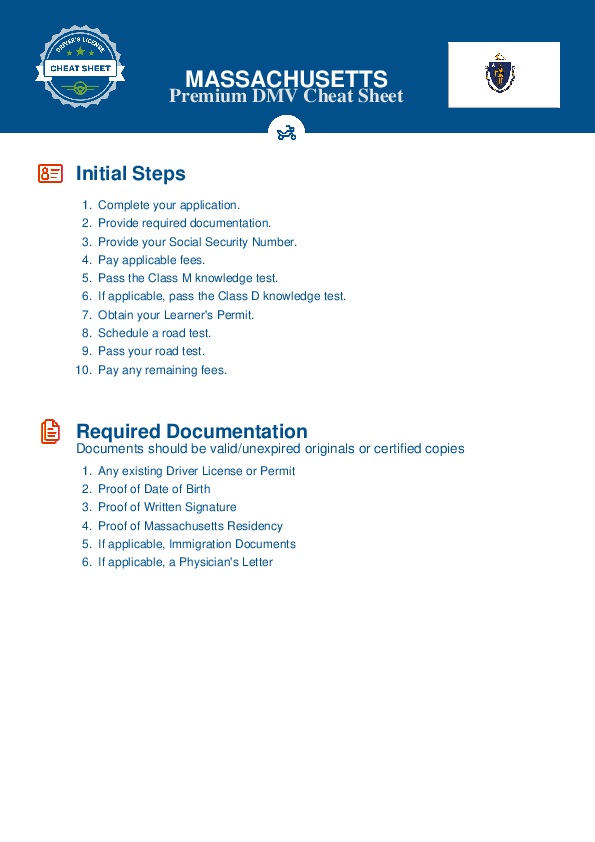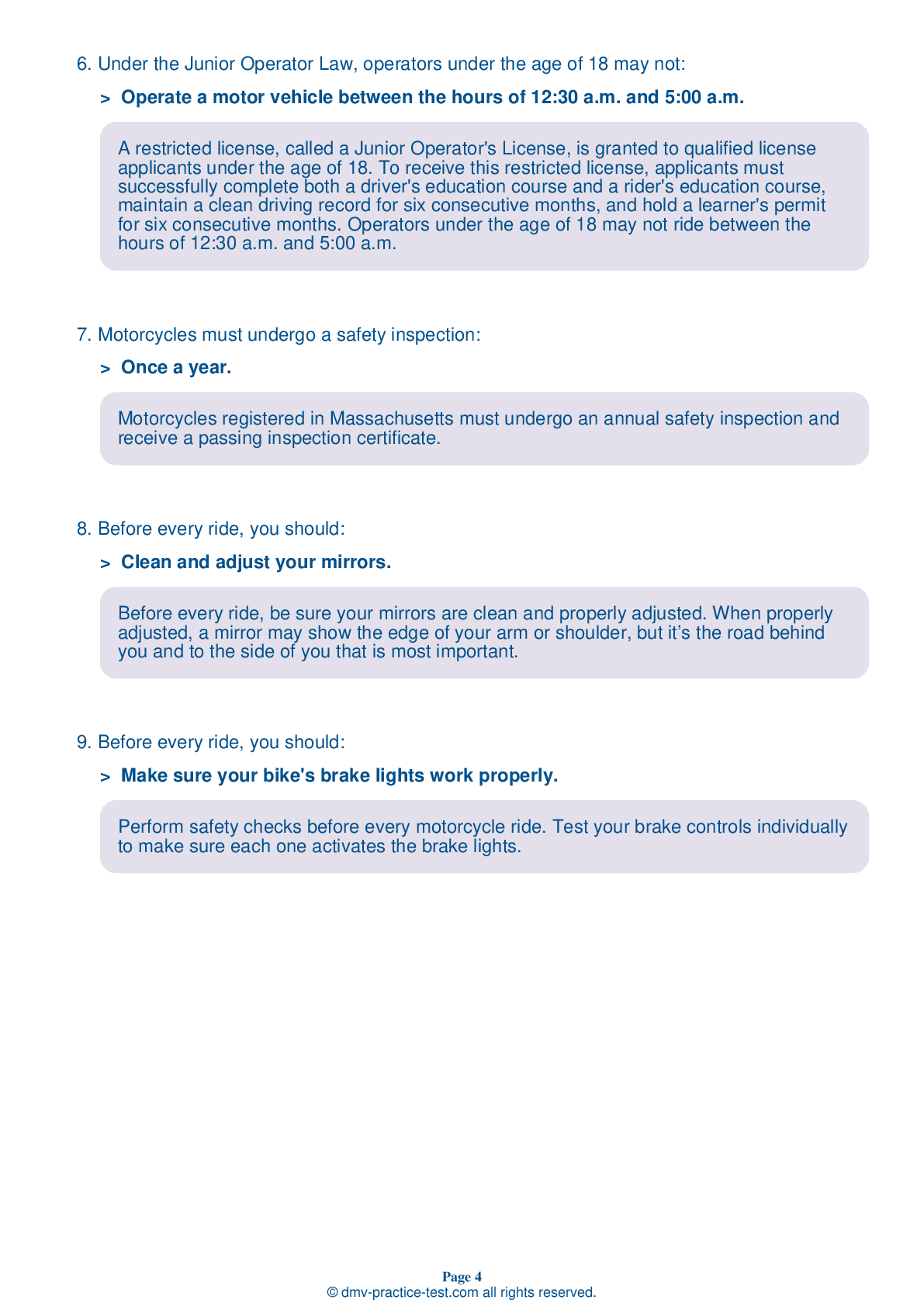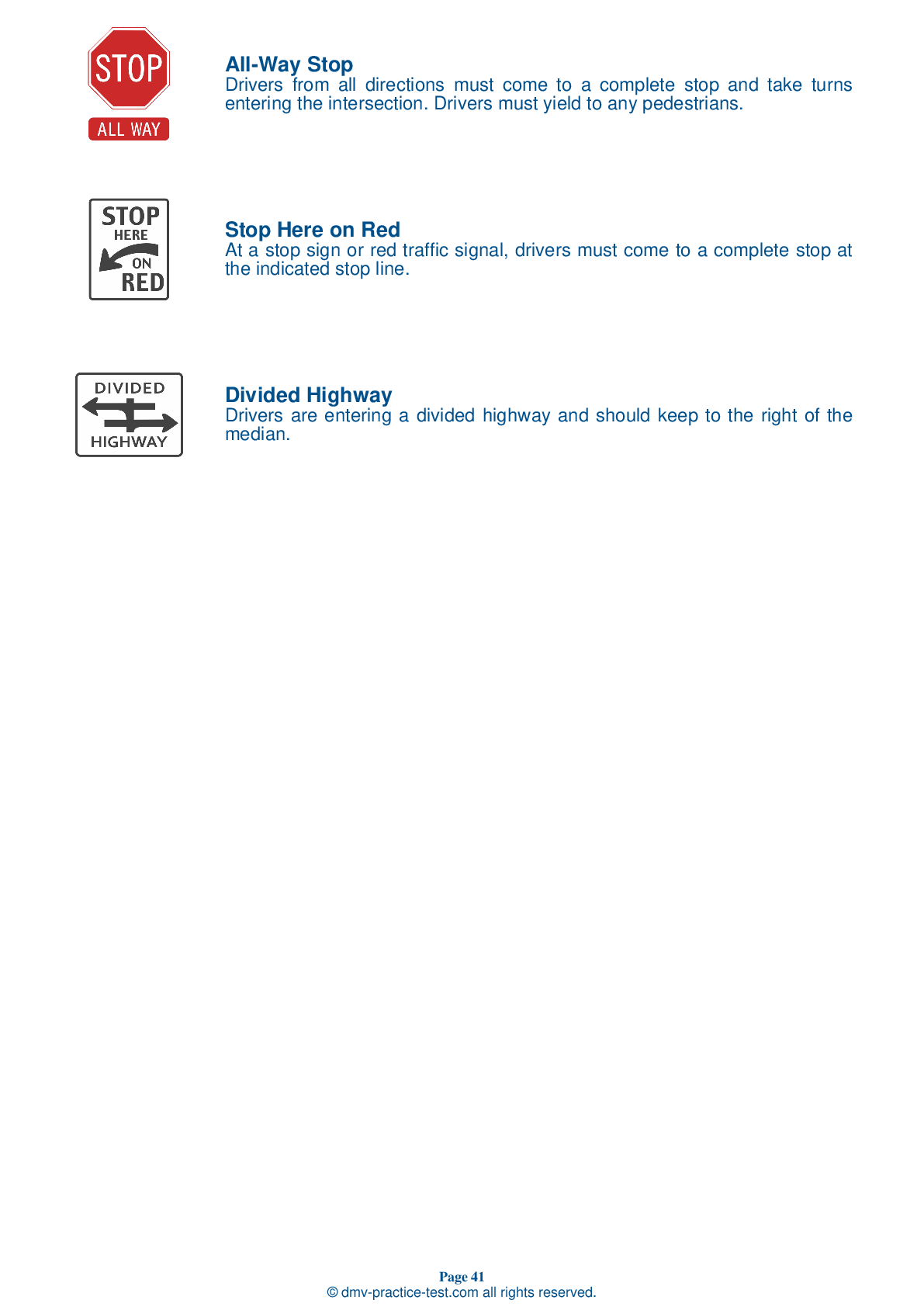Motorcycle Test | License MA 2026 | FREE Online Practice! #12
Take this FREE motorcycle test (license in MA 2026) to check your knowledge of the road rules. To improve your results, download a motorcycle handbook online, study theory, and practice for free on our website. Still worried about how to get a motorcycle license in Massachusetts in 2026? Check our website for more sample tests, train as much as possible, and boost your grades!
1 . When riding, goggles:
Goggles can provide protection for your eyes, but only a face shield can protect your entire face. Eyeglasses are not an adequate substitute for either goggles or a face shield.
2 . When riding at night, how should your following distance compare to your following distance during the day?
Distances are difficult to judge in the dark because visual cues (like shadows and light contrasts) can be missing or distorted. You should allow a longer following distance when riding at night than you do when riding during the day.
3 . Goggles will:
Wearing goggles provides protection for your eyes, but not for the rest of your face. A face shield provides protection for your whole face and is recommended above goggles. A windshield is not an adequate substitute for a face shield or goggles.
4 . Under state law, motorcycle passengers:
In Massachusetts, both motorcycle operators and passengers are required by law to wear helmets.
5 . When carrying a passenger, you should:
When transporting a passenger, you should be sure that you have a seat that is large enough to carry two people without crowding. You should not sit any farther forward than you usually do.
See the exact questions that will be on the 2026 Massachusetts DMV exam.
99.2% of people who use the cheat sheet pass the FIRST TIME
Jeneen was tired of paying $5/gallon. She got herself a scooter that required the motorcycle license. She studyed the motorcycle test cheat sheet and passed her test the next day!
Christopher tells us how he knew nothing prior to obtaining the motorcycle study guide, and he only got one question wrong because he clicked on the wrong answer by mistake.



